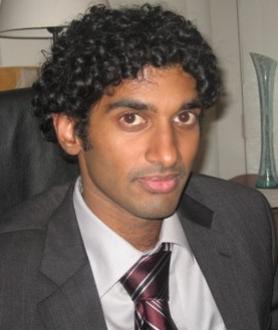
QUANTITATIVE RESEARCH METHODS WORKSHOP
Abstract: This paper provides a quantitative analysis of the effects of the early law-and-economics movement on the U.S. judiciary. We focus on the Manne Economics Institute for Federal Judges, an intensive economics course that trained almost half of federal judges between 1976 and 1999. Using the universe of published opinions in the U.S. Circuit Courts and 1 million District Court criminal sentencing decisions, we estimate the within-judge effect of Manne program attendance. Selection into attendance was limited - the program was popular across judges from all backgrounds, was regularly oversubscribed, and admitted judges on a first-come first-served basis - and results are robust to a variety of automatically selected covariates predicting the timing of attendance. We find that after attending economics training, participating judges use more economics language in their opinions, issue more conservative decisions in economics-related cases, rule against regulatory agencies more often, favor more lax enforcement in antitrust cases, and impose more/longer criminal sentences. The law-and-economics movement had policy consequences via its influence on U.S. federal judges. (Coauthors: Elliott Ash, Daniel L. Chen, and Suresh Naidu)
Suresh Naidu is a professor of economics and public affairs at Columbia University, a research fellow at the NBER, and external faculty at the Santa Fe Institute.
This virtual workshop is open to the Yale community. To receive Zoom information, please subscribe to the Quantitative Research Methods Workshop at this link: https://csap.yale.edu/quantitative-research-methods-workshop.
The series is sponsored by the ISPS Center for the Study of American Politics and The Whitney and Betty MacMillan Center for International and Area Studies at Yale with support from the Edward J. and Dorothy Clarke Kempf Fund. This workshop is being hosted jointly with the Leitner Political Economy Seminar.
